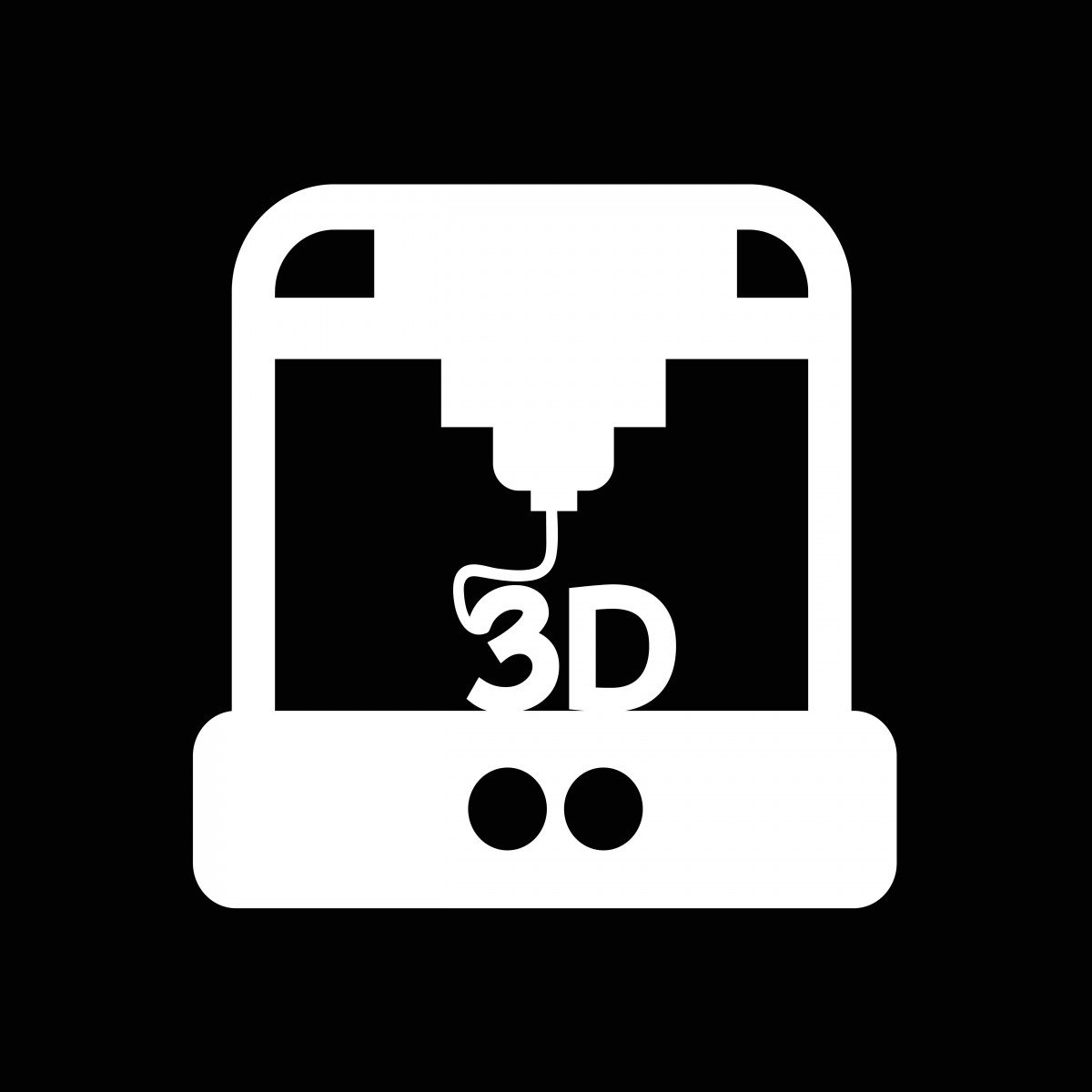Organovo’s 3D Bioprinted Tissue Transplants Improve Mice’s Liver Disease
Written by |

Transplanting 3D bioprinted liver tissue into diseased livers improves liver health in mice, Organovo Holdings revealed.
The finding suggests that doctors could use 3D bioprinted human liver tissue to correct inborn errors of metabolism and other liver diseases affecting children and adults. Inborn errors of metabolism are rare inherited disorders that prevent the body from turning food into energy.
The company presented the results of its preclinical-trial study at the World Advanced Therapies and Regenerative Medicine Congress in London.
“With tens of thousands of patients being treated for inborn errors of metabolism (IEMs) in the U.S., and an annual cost per patient that exceeds $250,000 for drug therapy alone, Organovo is advancing novel therapeutic solutions for direct surgical implantation,” Dr. Eric David, an executive vice president at Organovo, said in a press release.
“Our preclinical data continues to show increased durability of the liver tissue and strong early evidence of successfully impacting the disease state in animal models,” he said. “The robust presence of key human metabolic enzymes, which we previously disclosed, is also a critical step in demonstrating the capability of this tissue to treat IEMs, a key indication we are targeting. Taken together, these data support continued preclinical development of Organovo’s 3D bioprinted liver tissue for therapeutic use.”
Organovo specializes in the development of 3D living human tissue. The company’s 3D bioprinted human liver tissue is composed of human hepatocytes — the main type of cell in the liver — and other cell types.
To show that bioprinted transplants would work, Organovo first implanted 3D liver tissue into the livers of healthy mice. Its latest research involved implanting 3D liver tissue in a mouse model with a genetic liver disease. The implanted tissue functioned for 60 days — more than double the 28 days of the first implant studies.
The mice’s liver health improved after they received transplanted bioprinted liver tissue, researchers added.
Organovo plans to submit an investigational new drug application to the U.S. Food and Drug Administration in 2020 for the use of 3D bioprinted liver tissue to correct inborn errors of metabolism. An approval would open the way to clinical trials of the approach.
Until then, the company will be trying to tweak its liver tissue design for maximum effectiveness. It will also continue studies of inborn errors of metabolism in animal models, with an eye toward improving its technique’s safety and effectiveness.


